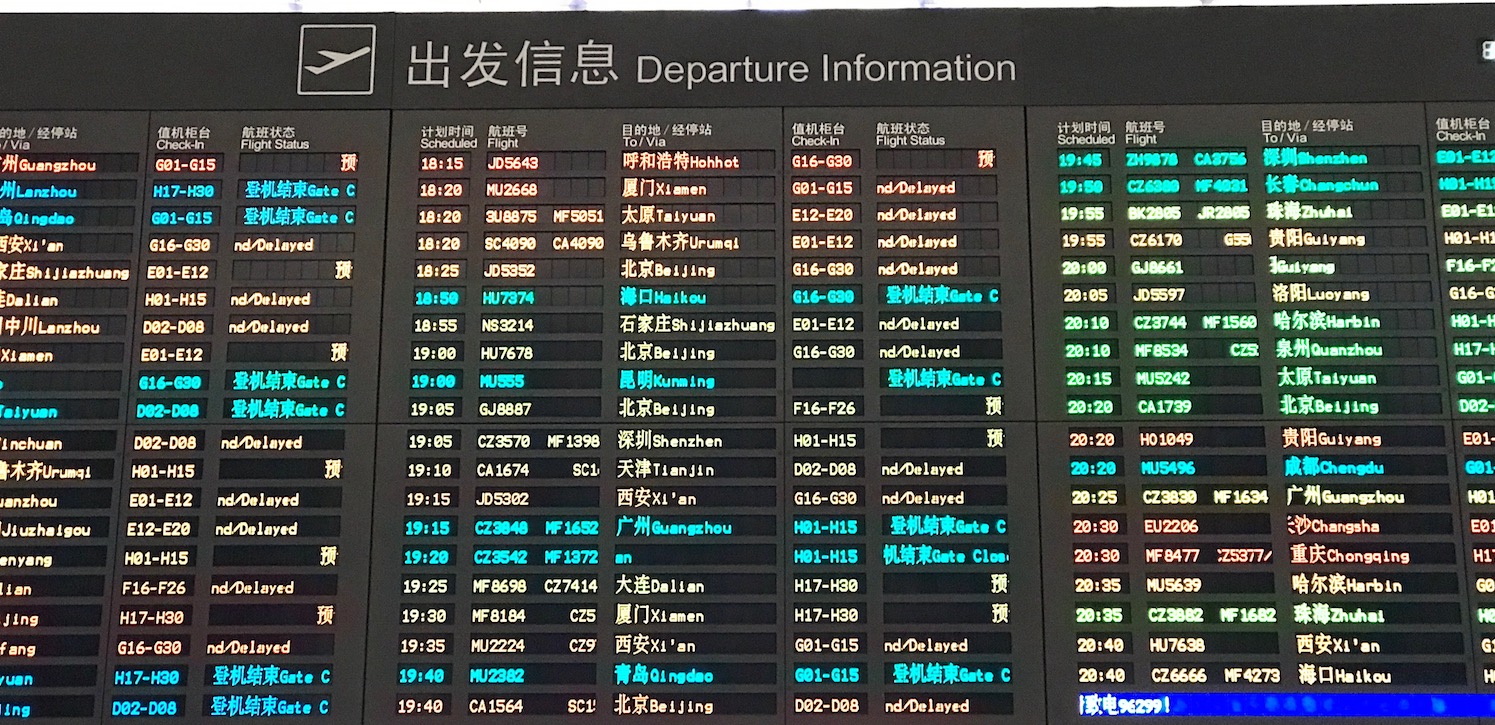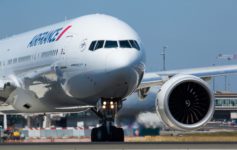Here’s a novel way to collect compensation from an airline.
One thing I’ve learned about the law is this: enforcement is often no easy feat. Think about it. EU law, for example, states that passengers are due compensation for delayed or cancelled flights (EU261). But what if an airline won’t pay? Is a passenger going to take an airline to court over a few hundred GBP or EUR? And when that occurs and the passenger wins, who will enforce judgment? What if a passenger shows up at the airport to collect her check? What is she going to do if the airline says, “I’m sorry, I can’t help you?”
According to the BBC, EasyJet and TUI Airways are two of the worst offending air carriers in this matter. Judgements against them average 20 per day and both carriers drag their feet in settling claims with customers.
The Solution: Bailiffs
Enter bailiffs.
Bailiffs are arriving at the offices of leading UK airlines, and staff are paying on-the-spot with debit and credit cards…
If staff fail to pay up the bailiffs can remove and sell their office equipment and furniture.
In one case, bailiffs boarded a plane belonging to a small European airline and prevented it from taking off until the owners paid up.
These are provided by “no win, no fee” legal practices like Bott & Co. For a portion of your compensation, they will collect for you…even sending a bailiff if necessary.
Bailiffs are always a last resort, but an increasingly common one when:
The airlines ignore solicitors who present a formal letter for compensation, then ignore the court proceedings and finally they ignore the judgement against them as well.
That’s Coby Benson, a solicitor at Bott & Co, speaking to the BBC.
Bailiffs are not a new phenomenon: they’ve been used for hundreds of years to collect judgments.
CONCLUSION
Can you imagine a bailiff boarding a SWISS 777 at LAX?
Airlines are not happy about this. Often, and unsurprisingly, they feel they are the victims. TUI Airways told the BBC:
We’re extremely concerned and disappointed by the volume of these judgements.
No kidding! Here’s a thought: operate on time and you won’t have to worry about this.
EasyJet stated:
Historically, we have chosen not to defend all EU261 County Court cases in certain circumstances. We have recently reviewed that approach and this is no longer the case.
That’s the flipside to this issue. Airlines do not have the resources to fight every compensation battle in court. That routinely leads to default judgments in favor of the consumer. As we have seen, that doesn’t mean an airline will send a check without further badgering. But at least passengers have a tool in their pocket to collect: bailiffs.





Great post. I particularly like your novel concept of running on time, which would avoid any penalties for the airline. A pity that the US doesn’t have similar laws in place.
You can do essentially the same thing here in the US I believe. If I recall, there was a rather hilarious story of a woman who was owed some small amount by an airline on a small claims judgment (something like $1,500), but the airline kept sending checks that would bounce when she tried to deposit them. So she got fed up, and called the county sheriff to enforce the judgment. They promptly showed up at the airport and attempted to levy an airplane sitting at a gate waiting for departure. The ground staff wisely came up with the money…
“No kidding! Here’s a thought: operate on time and you won’t have to worry about this.”
Hear hear. Now there’s a novel idea for the worst offending airlines out there.
While using bailiffs is a good idea, I’m not sure why is it’s not obvious that companies should comply with court orders in places like the EU (unlike some banana republics). Here in Israel, where we have a local semi-replica of EU261, while airlines won’t necessarily be in a hurry to pay up without a battle, they would respect a court judgment. The only exception are some foreign low cost airlines (like Ryanair) who don’t have local offices and therefore (wrongfully) thing they are not bound to the local laws. In those cases bailiffs were used in the past to ground their airplanes until they payed up. Personally, I had a surprisingly good experience with United after my TLV-SFO flight was cancelled due to a dis-functioning PA system while I was onboard. They responded offering me my round trip airport taxi fare, plus a choice between ~900$ in cash (which is what the law requires), 1000$ in a United travel certificate valid for one year, or 30,000 miles. Guess what was my pick…
Can you give us (the readers) the name or names of these companies who would pursue these claims?
One is listed above.